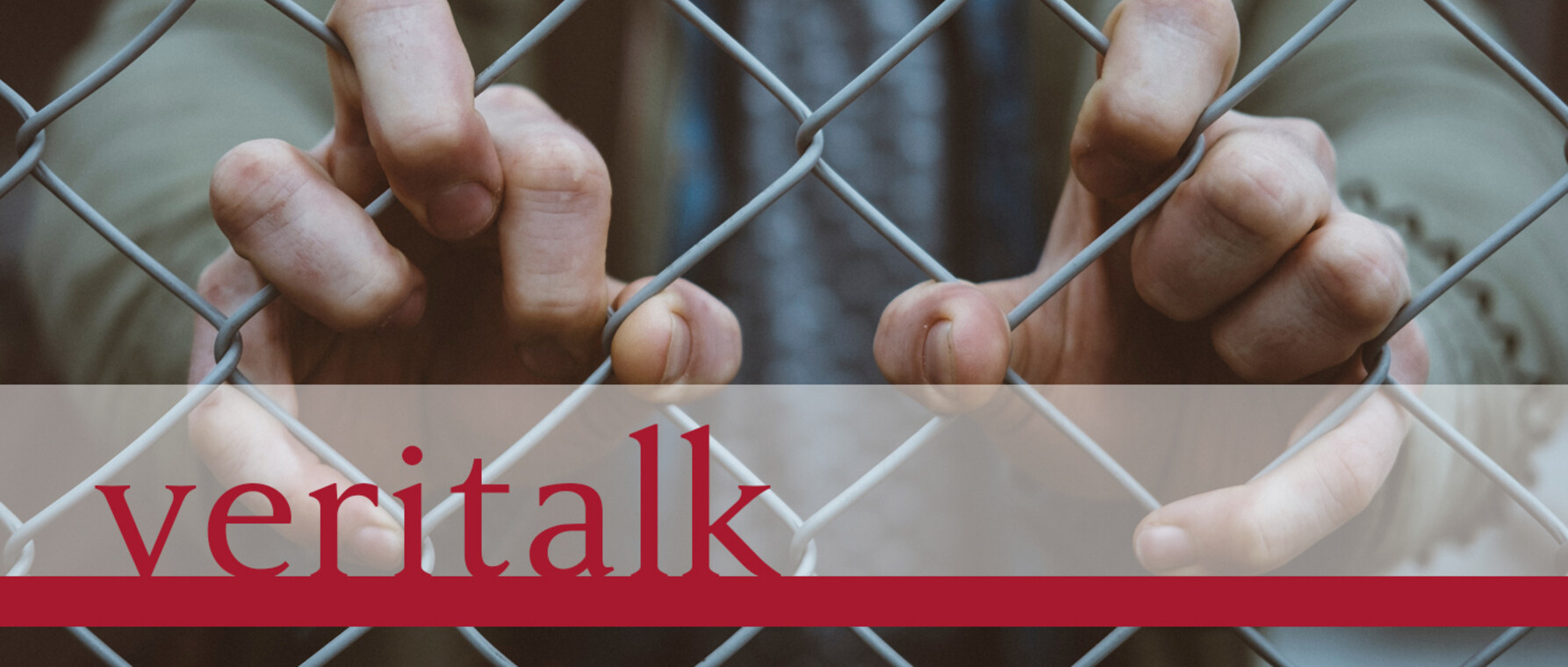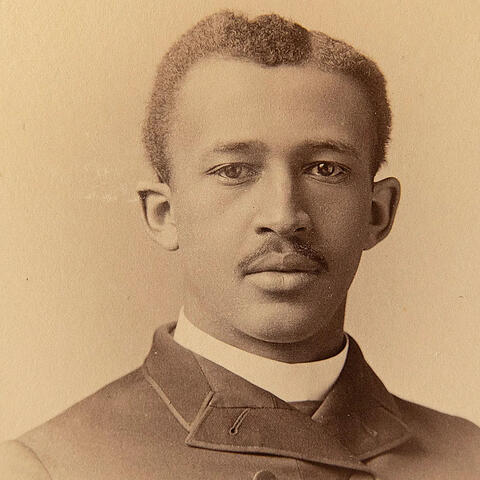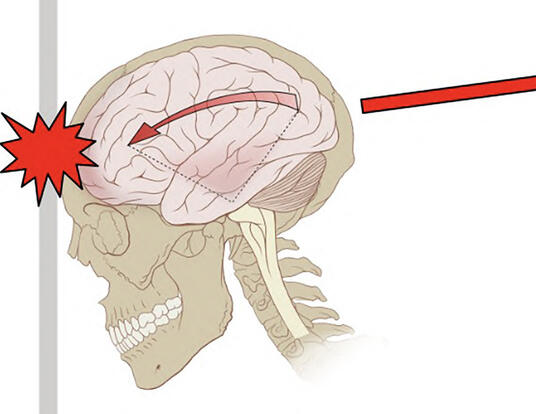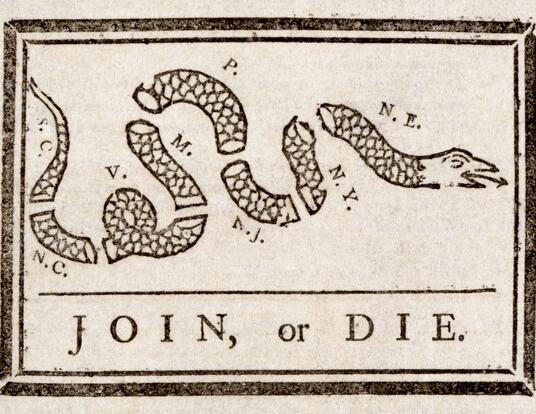Veritalk: Displacement Episode 2 - The Shipwreck

Argyro Nicolaou has a personal perspective on displacement. Her mother was displaced from her home in Cyprus. Growing up knowing that her mother was from a place she couldn't return to sparked questions for Argyro. What stories do refugees tell about their flight from home? And how do displaced people look back on what they've lost?
Find new episodes of Veritalk on Apple Podcasts.
Full Transcript
Voices: I mean, why?
Anna Fisher-Pinkert: From the Harvard Graduate School of Arts and Sciences, you’re listening to Veritalk. Your window into the minds of PhDs at Harvard University.
Overlapping voices
AFP: I’m Anna Fisher Pinkert. In this miniseries, we’re talking about Displacement. Why and how do people get set apart from their communities? As always, we’re going to answer that question through the research of PhD students in different fields at Harvard.
Newscaster: More than 500,000 Rohingya refugees. . .
Second Newscaster: 625,000 Rohingya refugees have fled. . .
AFP: Last time, we talked with Cresa Pugh about Rohingya refugees in Burma.
Cresa Pugh: People don't call the Rohingya, "Rohingya" in Burma. Because to name them means to acknowledge their existence.
AFP: The crisis in Burma is still ongoing, and we don’t actually know how long the Rohingya will be displaced or if return is really possible. And that led me to wonder how living for decades in exile will impact Rohingya culture and community. And, how it will impact the next generation of Rohingya Muslims. And that led me to talk to Argyro Nicolaou.
Argyro Nicolaou: My mom, growing up, she would always reference this - "I can’t go home, we can't go back, it was so great back then. . . that summer when we had to leave. . ." It’s a constant. . . it’s a narrative that plays in her head and throughout her life constantly.
AFP: Argyro has personal experience with displacement. She is a PhD student now in Comparative Literature at Harvard, and she studies novels, poetry, diaries, as well as film and visual art, to understand the global experience of migration. But her mother was also displaced from her home in Cyprus - actually internally displaced - during the 1974 division of the island into Greek and Turkish areas.
Newscaster: The exodus out of Cyprus began at first light this morning. . .
AN: 200,000 people were displaced from their homes in an island of, at the time, I think there were six or eight hundred thousand people. So a third of the population, almost, was displaced in one way or another.
AFP: Argyro grew up just miles from her mother’s hometown, but it’s a place she never got to see. And she started to ask questions about what it means to be displaced.
AN: The way I think about it in my research, and what has emerged, is that there is a transitional period, that is the journey of displacement, that marks the whole experience. So something happens to time when you're forced to move from what you know and the places that you've known, the surroundings that you know, often separated from your family. It's a beginning of something new - the end of which is not clear.
AFP: When you pack your belongings and flee your home - you don’t know when you’re going back. You don’t know how you’ll get back. And that place you came from - it basically becomes frozen in time.
AN: Yeah. And I think that's the main difference also between when you look at the literature of people who voluntarily emigrate and people that have been forced to move. Because, on the one hand, in both cases, the place that you left behind changes the moment you leave. Even if you return a couple weeks later, I mean, I think that's -- that's one of my theories, one of my hypotheses is that there's something about having to be forced to leave. But but in the case where you can't return for whatever reason, your imagination has to compensate for all of the "what ifs," "what what is it like now." So there are imaginary and alternative geographies that are built through these narratives of displacement.
AFP: This could be writing about the literal place that you came from - the landscapes and skylines of your hometown. Or it could be that everywhere you look, you see a little piece of home.
AN: So there's a lot of you know people write a lot about the literature of return or nostalgia. And one of the Greek authors that I work on, a Greek Nobel laureate who was a poet and a diplomat, George Seferis. He calls nostalgia "our sickness." The refugee sickness is nostalgia because you are always almost always in two places at once. Seferis for example is constantly making comparisons between Palestine and Greece even about the landscape. He's saying, "oh, the landscape here is like Greece." Not quite but close enough. So for him, he's seeing in this geography in the Middle East the geography of Greece. And if I were to make a map of all the places where he said it's like Greece on the geopolitical map I would come up with a very interesting schema - a different understanding of what what Greece means, what the Middle East means, what what mapping means.
AFP: George Seferis is a writer who fled Greece during World War II, when the Nazis took control of the country. Greek migrants fled to Egypt and Palestine - taking roughly the reverse route that modern-day refugees take from the Middle East to Europe.
AN: At that time, Europe is not a haven for people that want to go there. It's not an Eden for migrants. It's actually a hellish place that people want to flee from.
AFP: Seferis wrote novels and poetry, but he also kept a detailed diary that traced his journey across the Mediterranean.
AN: And it's the 30th of September in 1942 and he writes the following:
Argyro reads in Greek, then English, then again in Greek.
AN: Here in the Middle East as they call it we keep on sinking we are not people, we are the foreigners. We are not one kind of foreigners, we are all these different types of foreigners. As many types as people. As many times as individuals. We are the crowd of a sinking ship, each fighting separately on his or her own shipwreck.
AFP: This image of each person being on their own shipwreck. . . it’s just . . . haunting. Because you can easily imagine that same feeling among the Syrian refugees who have come ashore in Greece in this century.
AN: He himself has had to cross the Mediterranean packed in a boat with thousands of people that he didn't know. When Europeans are boarding these trains to Palestine in the summer 1942 they are jam packed in the trains. So it's a depersonalizing and dehumanizing experience even in that in that way. But what Seferis does here is that he's saying: Well, we're all called the foreigners, undifferentiated but this experience has changed us to the extent that we we we can't fall back on the solidarity that usually makes a group gel. This is a group that is not in solidarity - not because refugees don't help each other, that's not what I mean. It's because everyone is coming from such different circumstances and is forced to be together, and is forced to be displaced in this manner together, that it is a very, very lonely, and almost desolate or desperate experience as well.
AFP: Frequently, the people who play “host” to new refugees don’t show empathy for the newcomers in their midst.
AN: Well if we think about how migrants and refugees are represented in the media today. . .
Newscaster: Every day they come, sometimes in their hundreds. . .
Second Newscaster: As thousands of refugees poured into Germany over the weekend. . .
AN: We see a lot of that dehumanization and abstraction -- I'll say abstraction. We say "waves of migrants" are "streaming through the borders." Ai Wei Wei has the title human flow in his latest documentary on migration. It's a swarm if you want to be more derogatory. So we definitely have the tendency of depersonalizing that, because usually people come in groups. And that makes it easier to do so.
AFP: The experience of displacement happens to one person at a time. A “sea of humanity,” a “swarm” a “mass of people,” Argyro thinks that those phrases blot out the stories of individuals. And she’s interested in looking at those stories across time and space as a “literature of displacement.”
AN: And this is something that I've been thinking a lot about: What would it mean to look at Europe from the moving perspective of the Mediterranean? What would it mean to teach works or put works in the European canon for example that are not written from the certainty of an urban, largely white, largely Christian sort of society that only encounters migrants as intruders or as as unwanted guests. Right?
AFP: At the same time, if you are migrant yourself you have an unprecedented ability to communicate via social media to other people in your situation -- perhaps to people who are still in your home country. And that's like no other time in history. Seferis could not do that.
AN: He could not do that! That's for sure!
AFP: He had to get a publisher, he had to write a novel, he had to go through editing. And to a certain extent, maybe, you know, I am unfamiliar with whether there are artists who are doing a lot of work, who are telling the story in their own voices. But there certainly are people who are able to give their raw experience in a way that we couldn't do at other points in history.
AN: No that's true. And there are a lot of . . . you know there are Facebook groups for for refugees or for people who are thinking about making the trip. And the they communicate a lot and I'm sure share their experiences through social media in instant ways. But the issue that's not being addressed by this use of social media is while we can each communicate within our own national or racial or ethnic group, it's not facilitating the cross national cross cultural communication. It takes more time for those stories to arrive to the host community. It takes trust and takes communication and that takes years.
AFP: So far, we’ve been talking about people who have been physically displaced - even if that means being displaced by only a few miles. But Argyro is saying is that there’s another kind of displacement - one that takes place even after migrants find a safe place to land. If the community where you live, the politicians, the military, the government, doesn’t trust you - are you still living in a state of displacement? Those are the questions we’re going to ask in our last episode about Displacement.
Monica Bell: The interaction kind of went as it was supposed to. The problem is the meaning of that interaction. The problem is that sense that a number of different types of interactions, whether they are legal or not, can signal a lack of humanity, a lack of social inclusion, a sense that the just police don't care.
AFP: Veritalk is produced by me, Anna Fisher-Pinkert. Our executive producer is Ann Hall. Our sound designer is Ian Coss. Our logo is by Emily Wilson. You can find new episodes of Veritalk on Apple Podcasts, Google Play, Radio Public, or wherever you get your podcasts. Don't forget to rate us five stars and leave us a review. You can also find episodes of this podcast on SoundCloud or at gsas.harvard.edu. If you want to leave us some feedback, we'd love to hear it. Send us an e-mail: veritalk@fas.harvard.edu.
Logo by Emily Wilson
Get the Latest Updates
Join Our Newsletter
Subscribe to Colloquy Podcast
Simplecast





